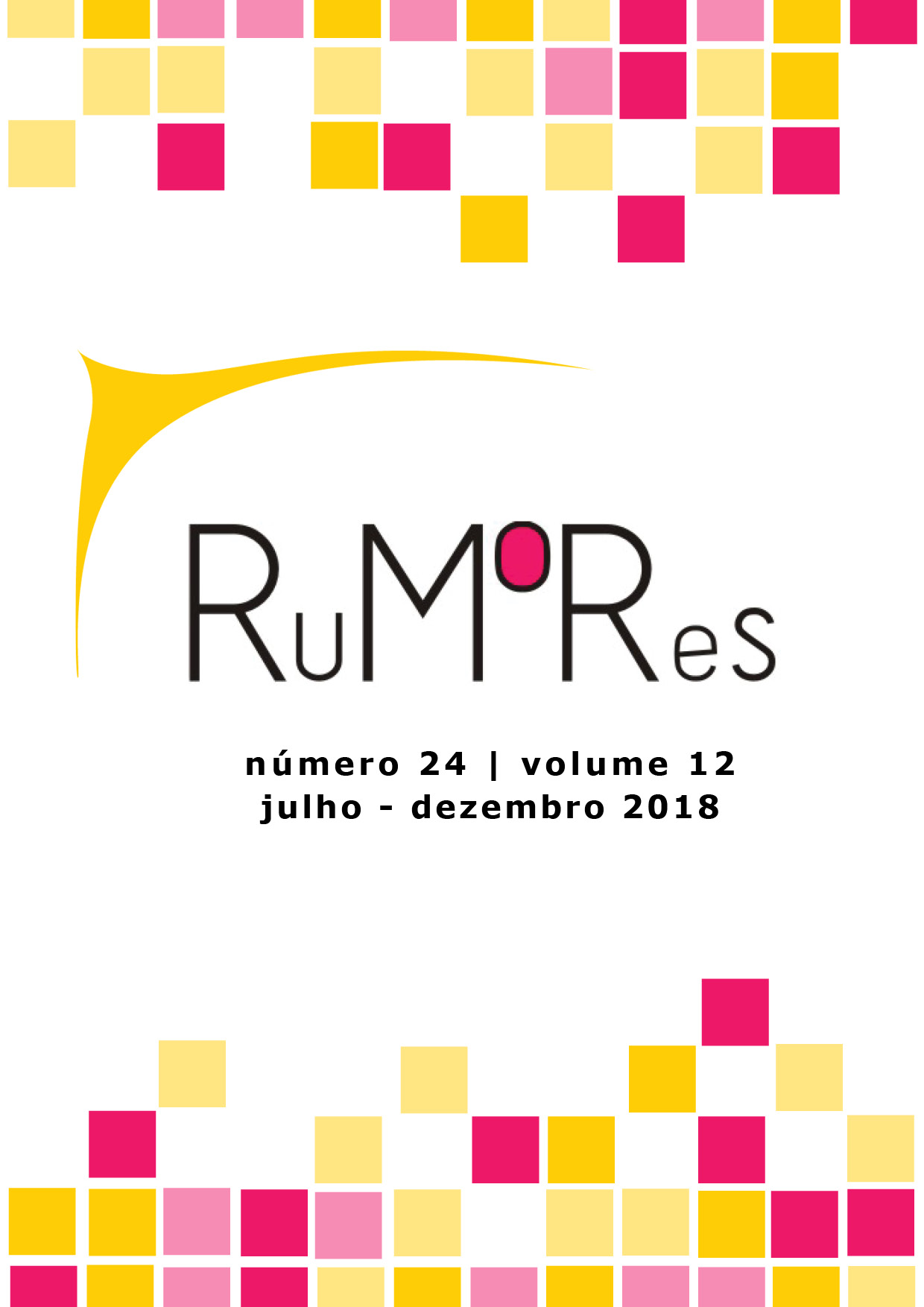“Rádio Novo”
social critique and aesthetical experimentation of Brazilian radio drama in the 1950s
DOI:
https://doi.org/10.11606/issn.1982-677X.rum.2018.145932Keywords:
Brazilian radio history, Radiodrama, Dias Gomes, Osvaldo Molles, Túlio de LemosAbstract
This paper discusses the production of radio drama by Brazilian stations during the 1950s, from the perspective of politicisation, political engagement and aesthetical concerns present in creations of Túlio de Lemos, Dias Gomes and Oswaldo Molles. After providing an overview on those producers’ enterprise, the article contextualises their works within the situation of radio in the period and the more general context of the national symbolic production. Additionally, it offers a brief consideration on the relationship between these authors’ oeuvre and the concerns about culture expressed by the Brazilian Communist Party (created in 1922).
Downloads
Downloads
Published
Issue
Section
License
Declaro a total e irrestrita cessão de direitos autorais sobre o texto enviado para publicação na Rumores – Revista Online de Comunicação, Linguagem e Mídias. Entendo que o conteúdo do artigo é de minha inteira responsabilidade, inclusive cabendo a mim a apresentação de permissão para uso de imagens, ilustrações, tabelas, gráficos de terceiros que, porventura, venham a integrá-lo.









